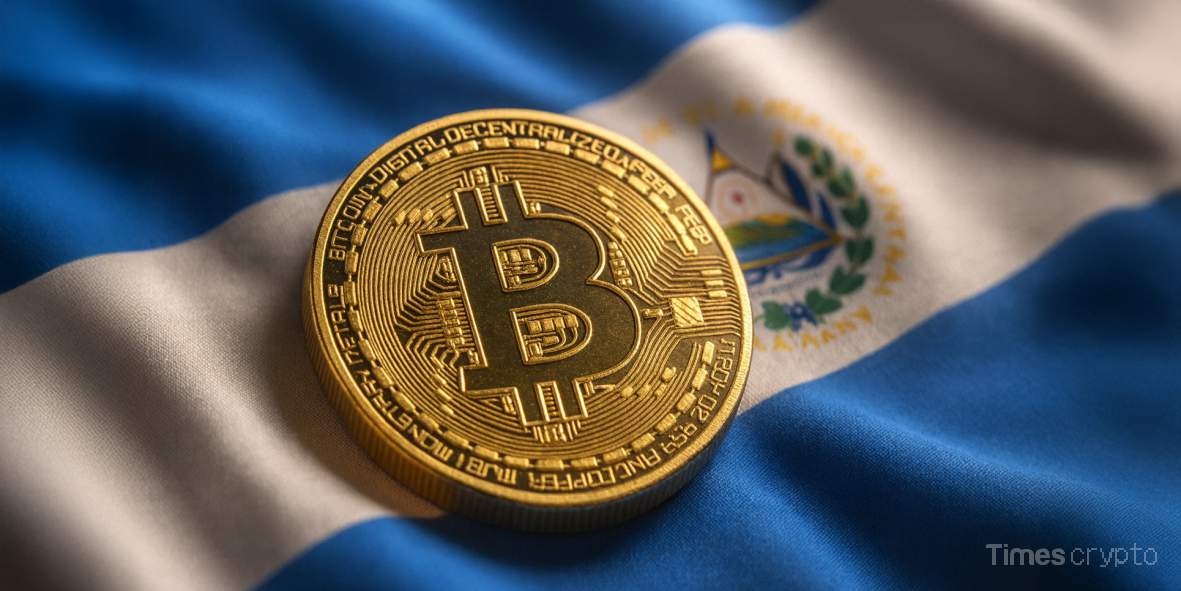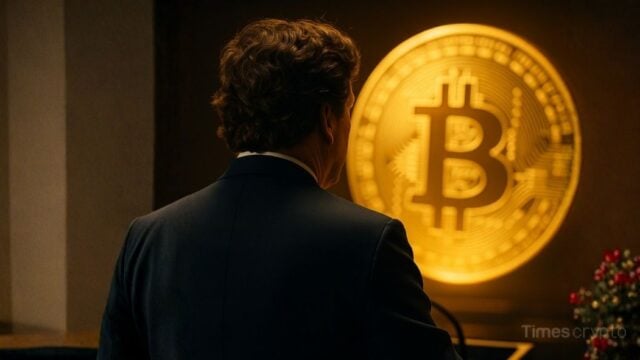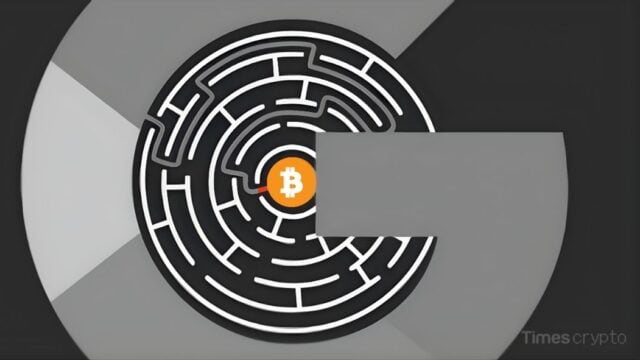Key Takeaways
- Bitcoin investment banks: Historical precedents for El Salvador that have officially approved a new Investment Banking Law allowing BTC-only banks to operate in the country.
- Only for accredited investors: Services are limited to “sophisticated” investors with PSAD licenses, which are required to operate in digital assets.
- Nationally held 6,262 BTC: The government’s holdings worth $730M are now joined by the institutional reserves..
- Geopolitical chess: Partnerships with Bolivia and Pakistan create a growing anti-IMF alliance.
Table of Contents
The Bitcoin Banking Revolution
Once again, El Salvador is writing its own financial rulebook. Nearly four years after El Salvador began using Bitcoin as a national currency, President Nayib Bukele’s government has approved BTC investment banks, establishing the world’s first regulatory framework for financial institutions catering to clients focused on cryptocurrencies.
With the new law:
- Bitcoin investment banks can facilitate and issue securities only in Bitcoin.
- The services are targeted to accredited investors (at least $50K deposits), not retail ones, for the moment.
- Operators will need to obtain a Digital Asset Service Provider (PSAD) license, allowing them to operate in an agile crypto environment combined with traditional oversight.
Think about this as crypto institutionalization, playing a key role in adoption in the region. The country owns 6,262 BTC worth around $730 million to date.
Why This Matters (And Who’s Not Included)
For bitcoin maximalists, the very fact that a sovereign nation is legitimizing BTC for institutional portfolios is a validation. This legitimization could mean international capital is now flowing into El Salvador’s economy, especially from the crypto venture capital (VCs) and hedge funds that have additional interest.
Detractors point to inconsistencies
- 9 out of 10 (90% of Salvadorans) still use USD, not BTC, to make purchases daily.
- The policy benefits global elites at the expense of local entrepreneurs.
- There is no resolution of tensions between the International Monetary Fund (IMF), despite the U.S. diplomatic support for Bukele’s campaign for reelection.
For some of its citizens, they are building a Bitcoin Wall Street, while the vast majority of the population cashes checks at Western Union.
The Geopolitical Game
Bukele’s team is not acting alone. Deals with recent new alliances with:
- Bolivia: Sharing crypto solutions during its dollar shortage in the country.
- Pakistan: Partnering on a plan for national crypto mining strategies.
These relationships demonstrate the view of a potentially heavy Global South/crypto bloc that seeks other options to IMF austerity. Paolo Ardoino, Tether’s CEO, once mentioned that stablecoins were already filling dollar gaps in Bolivia, and now Bitcoin investment banks may be an additional escape hatch.
Bitcoin Investment Banks: Risky Experiment
El Salvador’s approach to Bitcoin investment banks could eventually turn it into the Singapore of crypto banking, or a warning tale. In light of Bukele’s approval ratings expected to be over 90% ahead of elections in 2025, domestic political opposition is lacking for the policy. That said, the next test is whether businesses will actually come to these Bitcoin investment banks.
Final Thought: If Wall Street starts trading BTC bonds from San Salvador, the game will be changed forever. If not, it’s just another headline. Either way, the world is watching, and it seems to be an audacious moment for Papa Bitcoin.
For more crypto banking stories, read: RAKBANK Makes History as First UAE Bank to Offer Retail Crypto Trading







